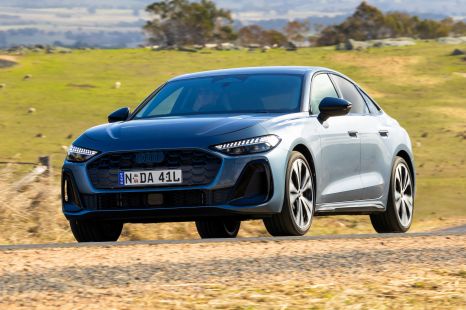

James Wong
2025 Audi A5 Sedan TFSI 150kW review
4 Days Ago
Dealer financing is one of the most popular ways to purchase a new car, so let's dig into the details as EOFY approaches.

Deputy Marketplace Editor


Deputy Marketplace Editor
There are several financial decisions involved in purchasing a new car.
Can you afford one? How much car can you afford? And does it make sense to pay cash or take a finance deal?
Even after crossing those bridges and reaching the conclusion you’re ready to organise a loan for a fresh set of wheels, one question still remains – should you finance through the dealer, or look elsewhere?
Dealer finance is a growing field and it’s unusual for a prospective car buyer to go through the process without receiving a spiel on loan options.
So, how does dealer finance work?
At their core, dealer finance packages are no different to the loans sold by banks and other financial institutions.

Any car finance deal involves taking out a loan with a lender to cover the purchase price of the car, and agreeing to pay it back in instalments, plus interest, over a set period.
The loan may or may not include an upfront deposit, or a ‘balloon payment’ – a one-off lump sum you agree to pay your lender at the end of the loan term.
“Dealer finance helps customers through their buying journey to end up in a car that they thought they couldn’t afford at the start,” Waverley Mazda general manager Ravi Emaduwage told CarExpert.
“Whether it’s a trim or model upgrade, finance gives buyers the chance to put down an initial payment and then cover the value of the car through regular payments.”
In most cases, loans offered by a car dealer originate from a third-party finance company and are repackaged for the car buyer.
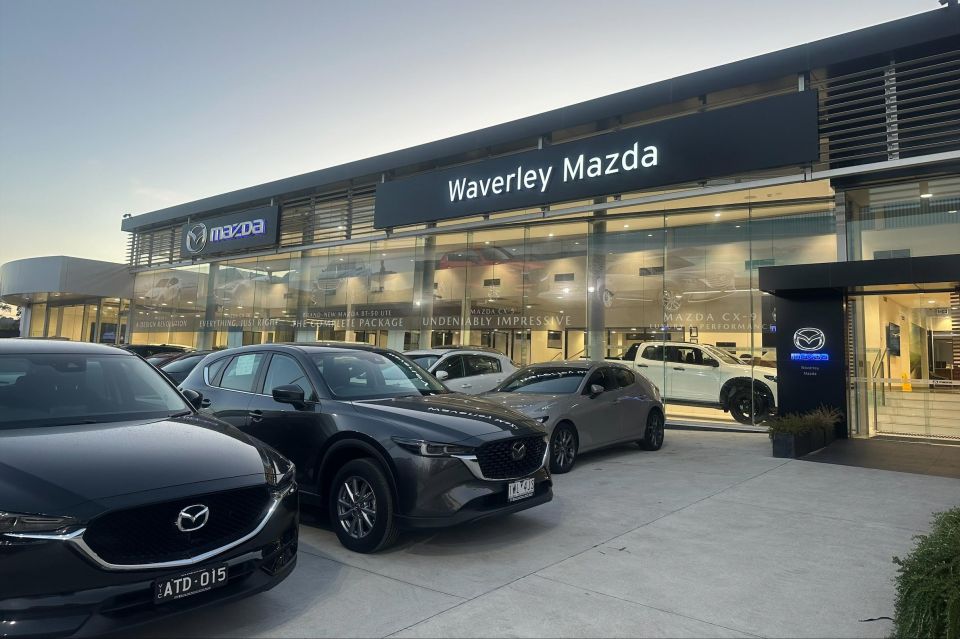
Some manufacturers and dealers have a dedicated in-house financing arm, while others outsource the process to an approved financier.
For example, Toyota has its own finance business – Toyota Finance Australia, a subsidiary of Toyota Motor Corporation – which also serves as the finance provider to Mazda Financial Services.
Mazda Financial Services operates through participating Mazda dealers, although Waverley Mazda in Melbourne is an example of a dealer that outsources its finance to an independent company (Angle Finance).
The benefits to the dealer and lender are clear, but what are the considerations for car buyers?
Financing through a dealer is often the most convenient way to borrow money for a car purchase, as it eliminates the process of shopping around for the right loan deal.
“Financing through the dealer is an easier way of doing because you’ve got a one-stop shop where buyers can come in and purchase a car, get it financed and drive out at the same time,” said Mr Emaduwage.
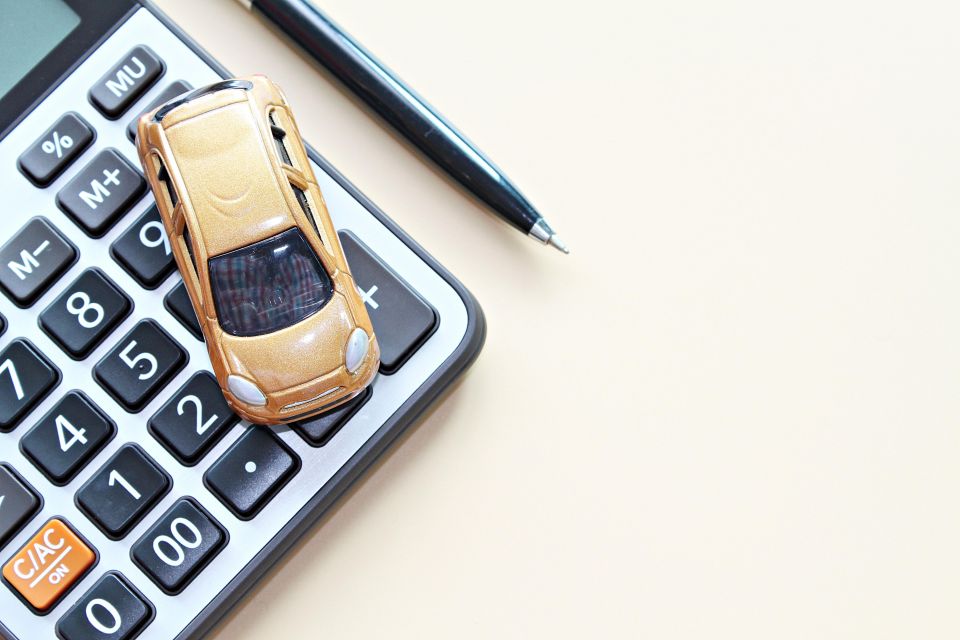
On the other side of that coin, there’s a chance that you won’t get the best deal available without comparing all the options.
After all, when financing with the dealer two parties need to make a profit, rather than one when borrowing from a lender directly.
With that said, manufacturers often use finance offers as a means of attracting buyers.
Sourcing finance from the dealer also has benefits on the product side, according to Mr Emaduwage.
“With dealer finance, you’re actually meeting a person,” he said. “You get to interact with a Mazda employee and all of our finance guys are accredited through our sales process. They’re all well aware of all the cars, they do all the modules and they understand the cars just as much as the salespeople do.”
At the end of the day, how a new car buyer chooses to finance their vehicle comes down to personal priorities.

Do you want the buying process to be carried out in one place? Or are you willing to do some more legwork to achieve the best financial outcome?
It’s a decision people have to make every day. The 2018 Royal Commission into Misconduct in the Banking, Superannuation and Financial Services Industry found 90 per cent of new car sales were arranged through finance, and 39 per cent of those sales were financed through a dealer.
Waverley Mazda’s recent numbers suggest that trend is ongoing.
Disclaimer: The information on this website is for general purposes only and not a substitute for professional financial advice. CarExpert recommends seeking independent legal, financial, taxation or other advice unique to your individual circumstances.
Josh Nevett is an automotive journalist based in Melbourne, Australia. Josh studied journalism at The University of Melbourne and has a passion for performance cars, especially those of the 2000s. Away from the office you will either find him on the cricket field or at the MCG cheering on his beloved Melbourne Demons.


James Wong
4 Days Ago
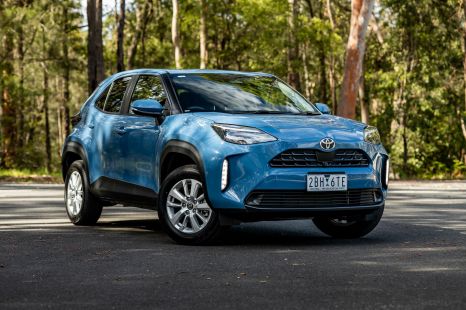

Matt Campbell
3 Days Ago
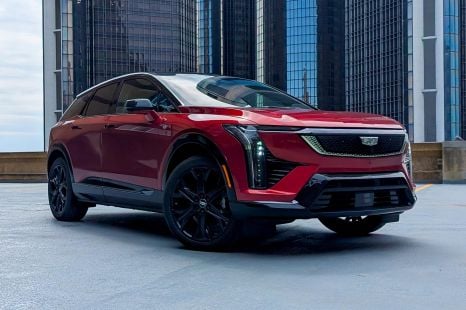

William Stopford
2 Days Ago
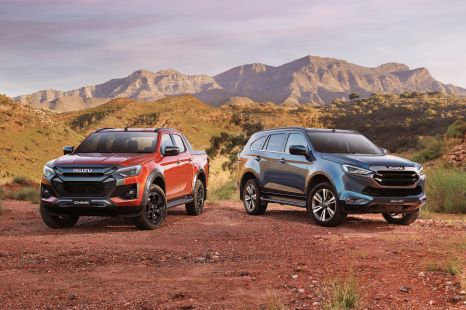

Marton Pettendy
15 Hours Ago


Josh Nevett
14 Hours Ago


James Wong
14 Hours Ago